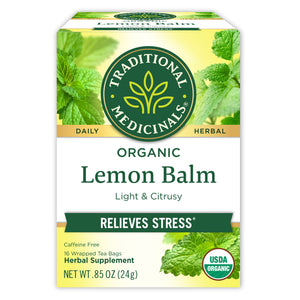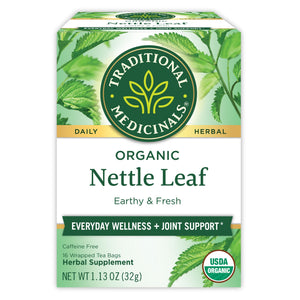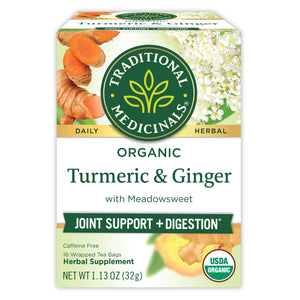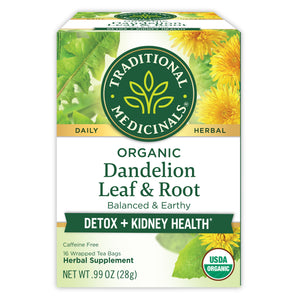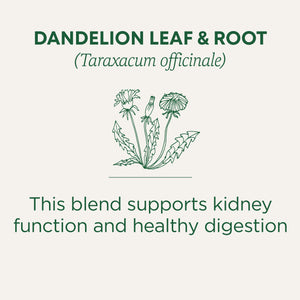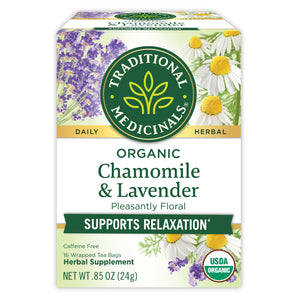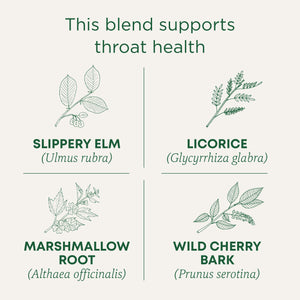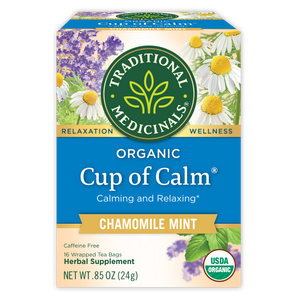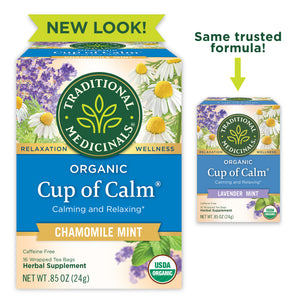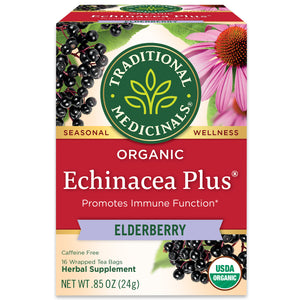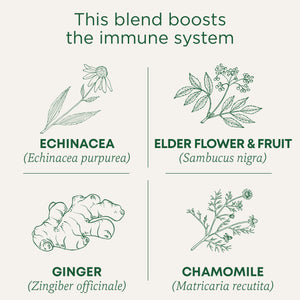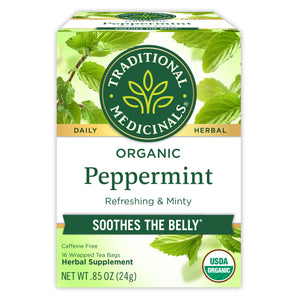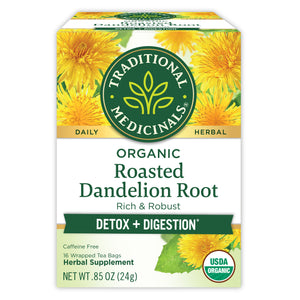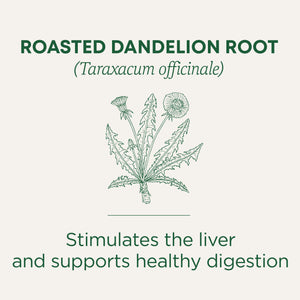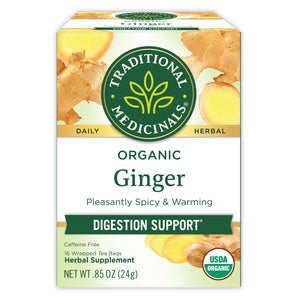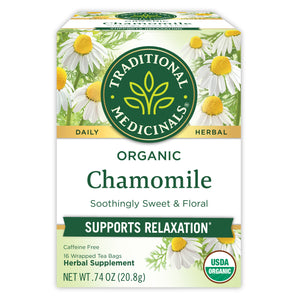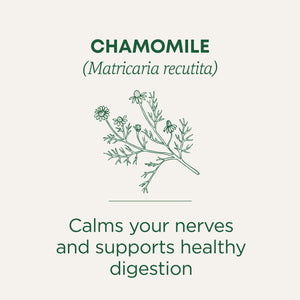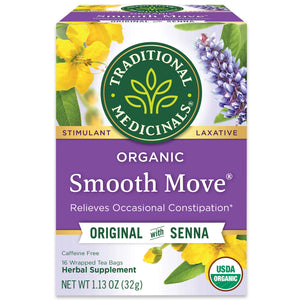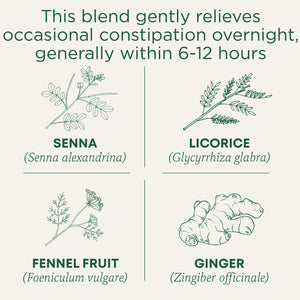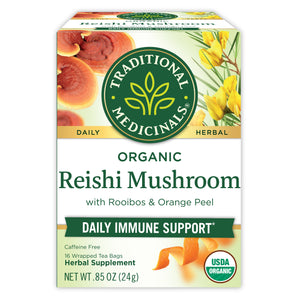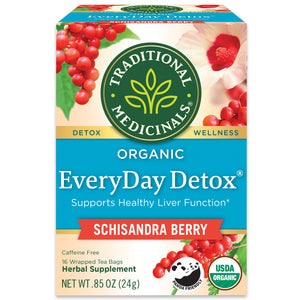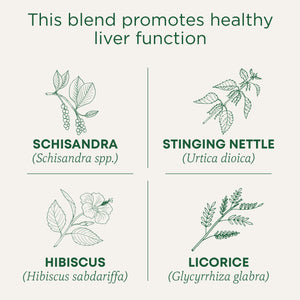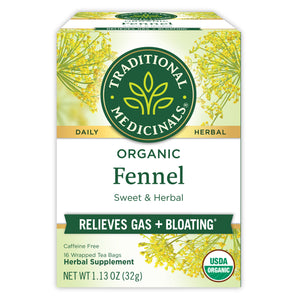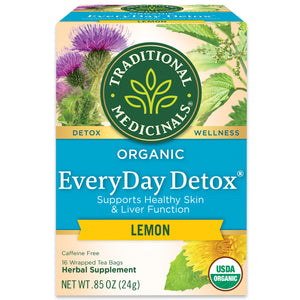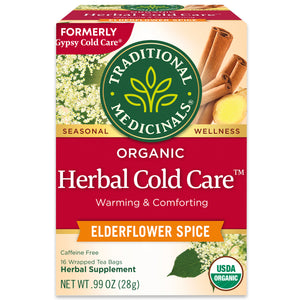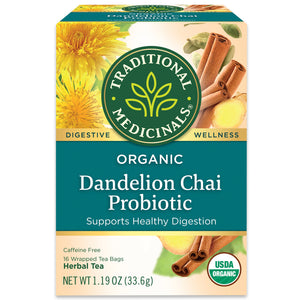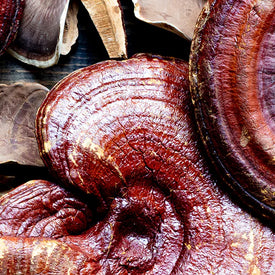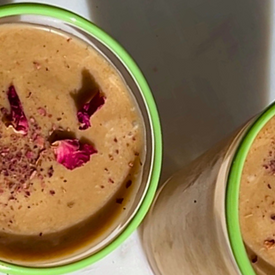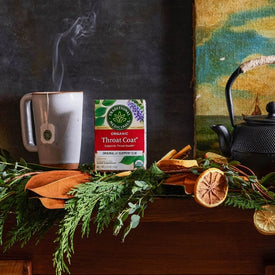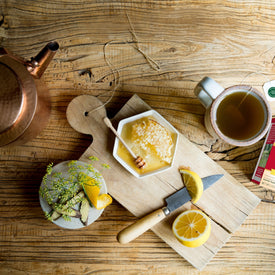Winter is upon us. With its chilly weather and lengthened nights, we are drawn towards warmth and hibernation. Yet, our modern lives beckon us outwards, exposing us to the vulnerabilities of the season. Fortunately, our body is a well-constructed vessel built for survival. From head to toe, each of our body systems interact with one another in a beautiful dance to maintain homeostasis.
There are times of the year when certain body systems take on more strain. Top of mind for many of us this season is our immune system. Herbalists like to take this opportunity to use the power of plants to gently assist the body in its immune function. Since everything is interconnected that means caring for our overall internal ecosystem, from digestive, respiratory and skin health to the nervous system.*
Here’s a quick look at these body systems and some of our favorite ways to support them with herbs this winter.
Step 1: Nourish the immune system
One of the best ways to directly support the immune system for winter is through food. As Medical Herbalist David Hoffmann says, “We must ensure that the physical body has the appropriate nutritional and health support to help it perform optimally.”
For this we like to incorporate medicinal herbs and mushrooms like astragalus, elderberries, rose hips, shiitake, reishi, and maitake into our meals. Support your immune system by sipping our organic Reishi Mushroom daily immune tonic tea, and keeping our organic Echinacea Plus® Elderberry tea on hand for times when extra support is needed.* For a culinary delight, try making a big batch of Astragalus Miso Immunity Soup and Ginger Cinnamon Elderberry Syrup.*

Step 2: Feed your microbiome
Since we’re learning more and more about how much impact our gut ecology can have on our immunity, it makes sense to keep it functioning well. Many of our ancestors relied upon seasonally available roots and tubers which are rich in prebiotic starches to support a healthy digestive system.
Roots like dandelion and burdock are great sources of inulin and other prebiotic starches. To receive the most benefit, these herbs are best eaten in food quantity. Try incorporating fresh burdock root into your meals. Its slightly bitter, earthy flavor makes it a great addition to stir-fries, soups, or grated onto salads. If fresh burdock root is not available to you, it can also be taken as a tea or tincture. You can also find it in our organic EveryDay Detox® Lemon tea.
Dandelion root can be made into a valuable tea by coarsely chopping fall-harvested roots and roasting over low heat for 5-10 minutes. Simmer one tablespoon per 8 ounces of water for 15 minutes. Strain and serve. If you don’t have access to whole dandelion roots, you can also find it in our organic Roasted Dandelion Root tea.*

Step 3: Moisturize from the inside
When we breathe, we take in air through the nose and mouth, which passes down the throat and into the lungs, creating a respiratory superhighway.
Luckily, certain herbs can help support the respiratory tract. A few herbs we turn to are marshmallow root, slippery elm bark, and licorice root, which can be made into a soothing beverage to sip on throughout the season. To make your own throat soothing tea, we recommend making a traditional decoction. For two servings, combine ½ teaspoon of licorice root and 1 teaspoon each of cut and sifted marshmallow root and sustainably-harvested slippery elm bark to a small pot. Add 2 cups of water, cover and simmer on low heat for 20 minutes. Strain herbs and serve.*
If you don’t have time for that or access to those herbs, grab a cup of our organic Throat Coat® tea.

Step 4: “Oilinate” your skin
The skin is our largest and most outward-facing organ. It serves as a protective barrier between us and outside world making it an integral system to include in our winter wellness routine. Its porous and absorbent nature also makes it a traditional route to deliver herbal medicine.
To care for your skin, try applying an herbal-infused oil all over your body. Known in Ayurvedic medicine as “oilination,” the act of applying warm oil to the skin through massage is traditionally thought to help stimulate the lymphatic system, an integral component of the immune system. This daily act is traditionally performed with raw sesame oil, but we like infusing our oil during this season with a few drops of essential oils for additional benefits. Try adding a few drops of a Four Thieves-style essential oil blend of lemon, clove, cinnamon, rosemary and eucalyptus traditionally used during winter months. Or if applying before bed, the addition of lavender with its calming scent can be a soothing ritual before bed. Whichever method you choose, apply it to dry skin, and let soak for 15 minutes. Then rinse off with warm water so the oil absorbs into the skin. This is an incredibly grounding practice. If oilinating 15 minutes before a shower is too daunting, apply the oil at the end of the shower and then rinse with the oil still on.
Our relaxing organic Cup of Calm® tea pairs nicely with this ritual for a pleasant dose of nervous system support.



